Understanding real-estate terms and acronyms can feel like cracking a secret code. If you’re a newbie home buyer, you may think you need a financial dictionary in order to wade through the mortgage-application process. While we at ICI Homes hope you’ll buy your first home from us, we want you to understand what it takes to make it yours. Here’s our Jargon 101 Guide to some of the most important terminology for first-time home buyers.
Two Types of Mortgages
Once you’ve chosen your dream home, you’ll need to decide between a Fixed Rate Mortgage (FRM) or an Adjustable Rate Mortgage (ARM). A Fixed Rate Mortgage means the interest rate you receive from your lending institution won’t change during your mortgage. Neither will the amount of your monthly payment. If you’re risk-averse, a FRM might be a good choice.

An Adjustable Rate Mortgage begins with a fixed interest rate for a certain number of years. Afterward, the interest rate on your loan rises or falls with the financial markets, which means your monthly payments will do the same.
You might have higher or lower payments, which could affect your monthly budget. If you’re comfortable with risk, an ARM might be a good choice.
Where Mortgages Come From
A mortgage lender. This can be a bank, credit union, trust company or a loan company. Your monthly payment goes to the financial institution that issues your loan. Shop before you choose a lender. Compare several, plus their financing options. You’ll find your best fit and likely your lowest interest rate.
How to Get One
To get a lender (thus a mortgage), you fill out an application. Filling out forms isn’t fun. It’s less onerous when you’re prepared. Application details include what type of loan you’re applying for, how long it lasts, the interest rate, the amount of your monthly payment, and so on.
Be prepared to furnish personal documentation that establishes your income, financial history and current or past debt — the same items you’d feed an accountant preparing your taxes — Social Security number, bank accounts, paychecks, etc. Lenders use this to verify that you can make your monthly payments.
Next Stop: Loan Estimate
Per law, a mortgage lender must provide you with this three-page document no later than three business days after you file your application. It’s your mortgage in shorthand. Among other things, the loan estimate states the length of the mortgage and estimated monthly payments and interest rate. It also spells out estimated fees, taxes and insurance. Which leads you to…
The End!
Sort of. Heard of closing ceremonies at the end of Olympic Games? Same principle for first-time home buyers. Your closing, which includes signing the documents to enact your mortgage and accept its details, won’t be Olympic. Although personally exciting, yours likely takes place in an office or conference room. You’ll probably also write a big check. Once the documentary housekeeping is complete, you’re officially a new homeowner and get the keys to your house.
Three Terms to Know Before You Close
Closing costs are fees you pay to have the mortgage done: lawyers, fact-checking, paperwork, etc. A down payment is that big check you write — the first money you pay for your new home. It’s a percentage of your home’s total price. What remains is financed via your mortgage.
Homeowners whose down payment is less than 20 percent of the cost of their home must have mortgage insurance. It protects the lender if those homeowners can’t make their monthly payments. Closing costs, down payments and insurance are spelled out in the loan estimate. You’ll know this information before your closing.
Ready to start your new-home search? As Florida’s Custom Home Builder, ICI Homes can help. Click here to begin.








